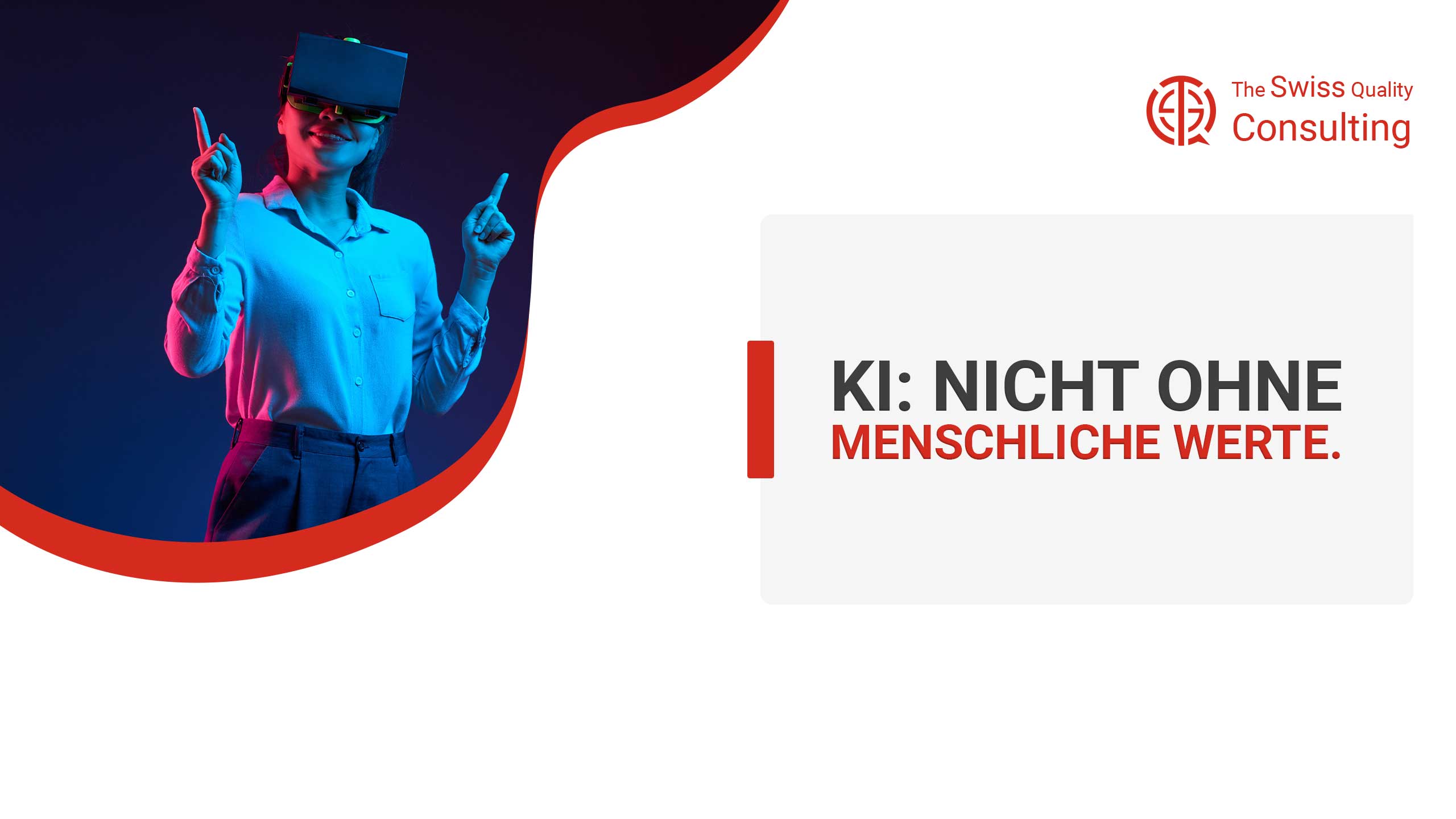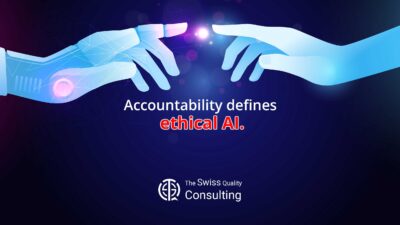Introduction to Ethical Considerations in AR and VR
The Importance of Ethical Frameworks
In the rapidly evolving landscape of augmented reality (AR) and virtual reality (VR) technologies, the importance of ethical frameworks cannot be overstated. These frameworks serve as guiding principles to ensure the responsible development and use of these transformative technologies. As AR and VR become increasingly integrated into various sectors, including entertainment, education, healthcare, and business, it is essential to address the ethical implications to foster trust and acceptance among users.
Ethical frameworks provide a structured approach to identifying and mitigating potential risks associated with AR and VR technologies. These risks can range from privacy concerns and data security issues to the psychological impact on users and the potential for misuse. By adhering to ethical principles, developers and organizations can create AR and VR experiences that prioritize user well-being, security, and privacy, ultimately contributing to the sustainable growth of these technologies.
For business executives, mid-level managers, and entrepreneurs in regions such as Saudi Arabia, the UAE, Riyadh, and Dubai, understanding and implementing ethical frameworks is crucial. These regions are at the forefront of technological adoption, and their commitment to ethical standards can set a global precedent for responsible AR and VR development.
Privacy and Data Security
One of the most significant ethical considerations in AR and VR technologies is privacy and data security. AR and VR systems often require extensive data collection to function effectively, including personal information, location data, and even biometric data. This data can be highly sensitive, and its misuse can lead to significant privacy violations and security breaches.
To address these concerns, ethical frameworks must emphasize the importance of data protection and user consent. Developers should implement robust data encryption methods and ensure that users are fully informed about what data is being collected and how it will be used. Transparent privacy policies and opt-in mechanisms can help build user trust and ensure compliance with data protection regulations.
In regions like the UAE and Saudi Arabia, where data privacy regulations are becoming increasingly stringent, adherence to these ethical guidelines is not only a moral obligation but also a legal requirement. By prioritizing privacy and data security, businesses can protect their users and their reputation, fostering long-term success in the AR and VR markets.
Psychological and Social Impacts
AR and VR technologies have the potential to significantly impact users’ psychological and social well-being. Immersive experiences can affect users’ perceptions of reality, leading to potential issues such as addiction, desensitization, and altered cognitive functions. Additionally, the social implications of widespread AR and VR use, such as changes in social interactions and the potential for digital divide, must be carefully considered.
Ethical frameworks should guide the development of AR and VR technologies in a way that minimizes these negative impacts. This includes setting usage limits, providing clear warnings about potential psychological effects, and designing experiences that promote positive social interactions. Developers should also consider the accessibility of AR and VR technologies, ensuring that they are inclusive and do not exacerbate existing social inequalities.
Incorporating these ethical considerations into the development process can help create AR and VR experiences that enhance users’ lives without causing harm. For business leaders in Riyadh and Dubai, promoting responsible use of AR and VR can enhance their brand’s image and contribute to the overall well-being of their customers and communities.
Implementing Ethical Frameworks in AR and VR Development
Creating a Culture of Responsibility
Implementing ethical frameworks in AR and VR development requires a concerted effort to create a culture of responsibility within organizations. This involves educating employees about the ethical implications of their work and fostering an environment where ethical considerations are integrated into every stage of the development process.
Training programs and workshops can help raise awareness about the ethical issues associated with AR and VR technologies. By equipping employees with the knowledge and tools to make ethical decisions, organizations can ensure that their products and services align with ethical standards. Additionally, establishing clear ethical guidelines and codes of conduct can provide a reference point for employees, helping them navigate complex ethical dilemmas.
Incorporating ethical considerations into the corporate culture can also enhance the reputation of businesses in the UAE and Saudi Arabia, positioning them as leaders in responsible technology development. This approach not only benefits the organization but also contributes to the broader goal of sustainable and ethical technological advancement.
Stakeholder Engagement and Collaboration
Engaging with stakeholders is a crucial component of implementing ethical frameworks in AR and VR development. This includes not only end-users but also regulatory bodies, industry peers, and academic institutions. By collaborating with a diverse range of stakeholders, organizations can gain valuable insights into the ethical implications of their technologies and develop more comprehensive and effective ethical guidelines.
Stakeholder engagement can take various forms, such as public consultations, focus groups, and partnerships with research institutions. These interactions can help identify potential ethical issues early in the development process and ensure that the perspectives and concerns of all stakeholders are considered. Additionally, collaborating with regulatory bodies can help organizations stay ahead of evolving regulations and ensure compliance with legal requirements.
For business leaders in Riyadh and Dubai, proactive stakeholder engagement can enhance their credibility and foster a positive relationship with their communities. By demonstrating a commitment to ethical practices, organizations can build trust and loyalty among their stakeholders, contributing to long-term success.
Continuous Evaluation and Improvement
The ethical landscape of AR and VR technologies is constantly evolving, necessitating continuous evaluation and improvement of ethical frameworks. Organizations must regularly assess the effectiveness of their ethical guidelines and make adjustments as needed to address emerging issues and challenges.
This ongoing process can be facilitated by establishing internal review boards or ethics committees tasked with monitoring and evaluating the ethical implications of AR and VR projects. These bodies can provide independent oversight and ensure that ethical considerations are consistently prioritized. Additionally, organizations can leverage feedback from users and stakeholders to identify areas for improvement and implement necessary changes.
By committing to continuous evaluation and improvement, businesses in Saudi Arabia, the UAE, and beyond can ensure that their AR and VR technologies remain aligned with ethical standards. This proactive approach not only mitigates potential risks but also enhances the overall quality and impact of their products and services.
Conclusion
Ethical frameworks are essential for guiding the responsible development and use of AR and VR technologies. By addressing key ethical considerations such as privacy, data security, psychological impacts, and social implications, these frameworks can help ensure that AR and VR technologies are developed in a way that benefits users and society as a whole. For business executives, mid-level managers, and entrepreneurs in regions like Saudi Arabia, the UAE, Riyadh, and Dubai, embracing ethical frameworks is crucial for fostering trust, compliance, and long-term success in the rapidly evolving AR and VR landscape.
—
#EthicalFrameworksForARAndVRTechnologies #ARVREthics #ResponsibleDevelopmentARVR #AugmentedReality #VirtualReality #SaudiArabia #UAE #Riyadh #Dubai #ArtificialIntelligence #Blockchain #TheMetaverse #ExecutiveCoachingServices #GenerativeArtificialIntelligence #ModernTechnology #BusinessSuccess #LeadershipSkills #ManagementSkills #ProjectManagement































